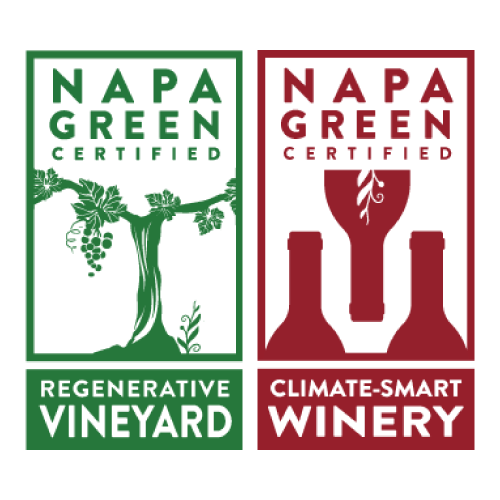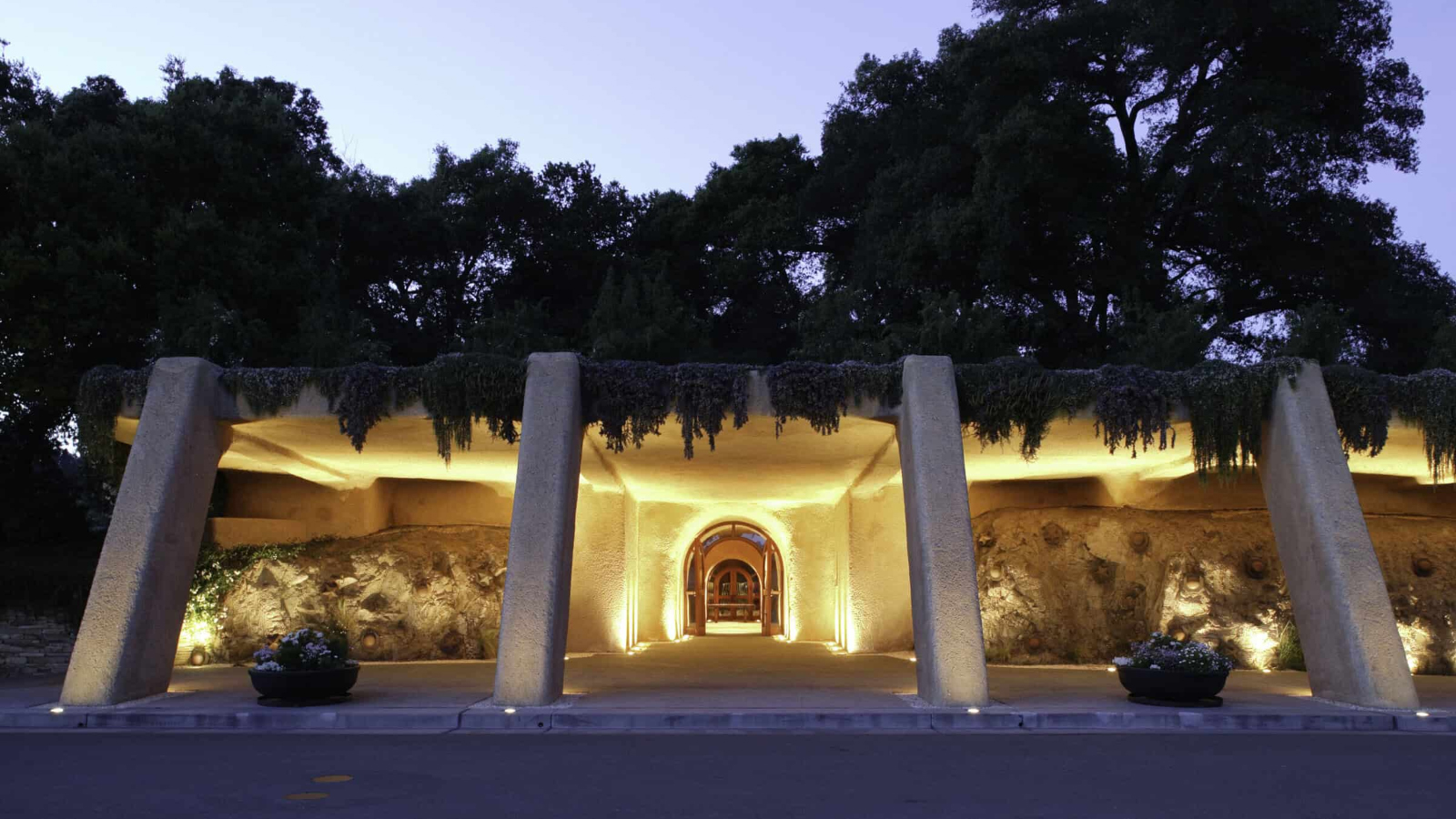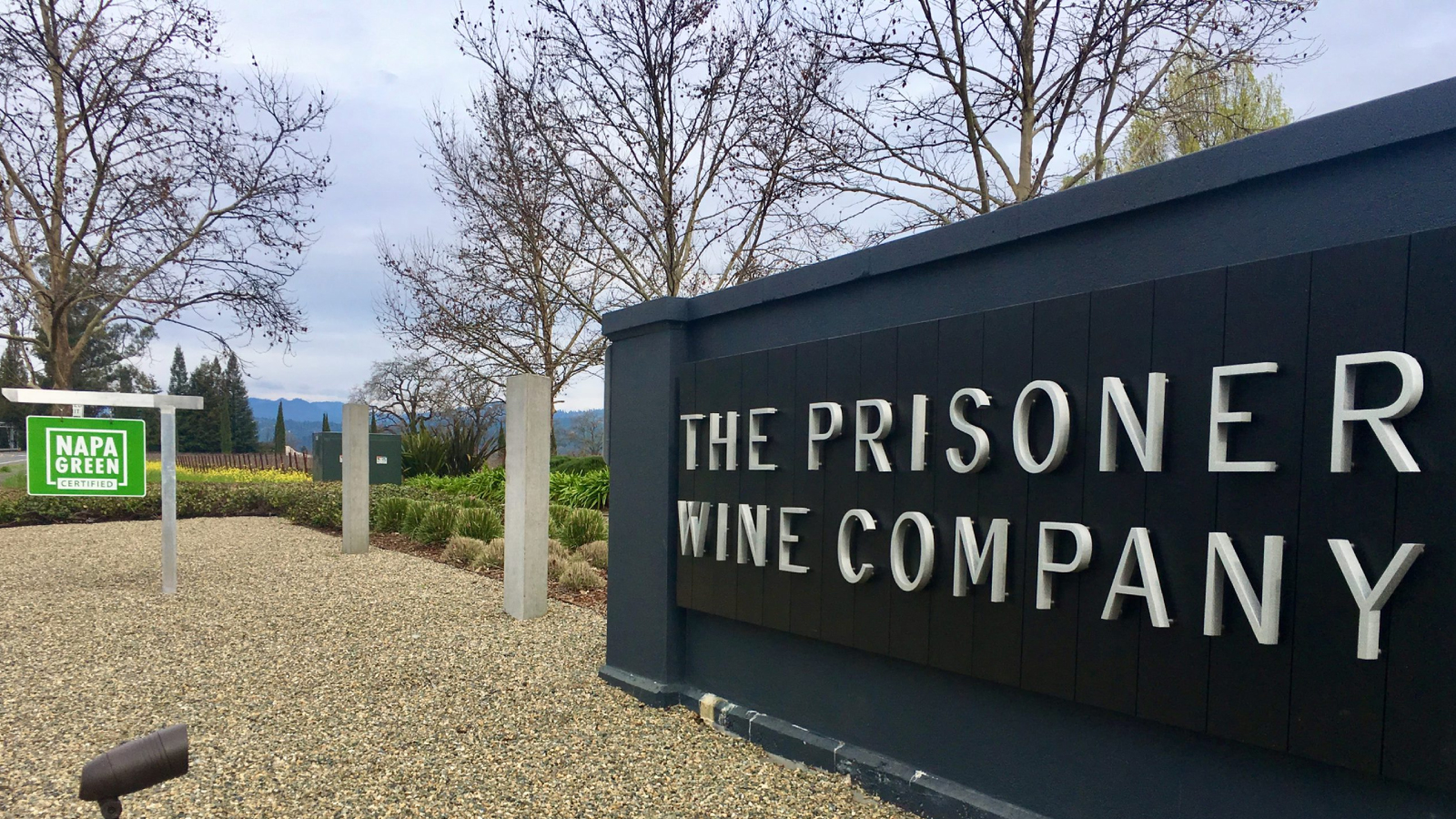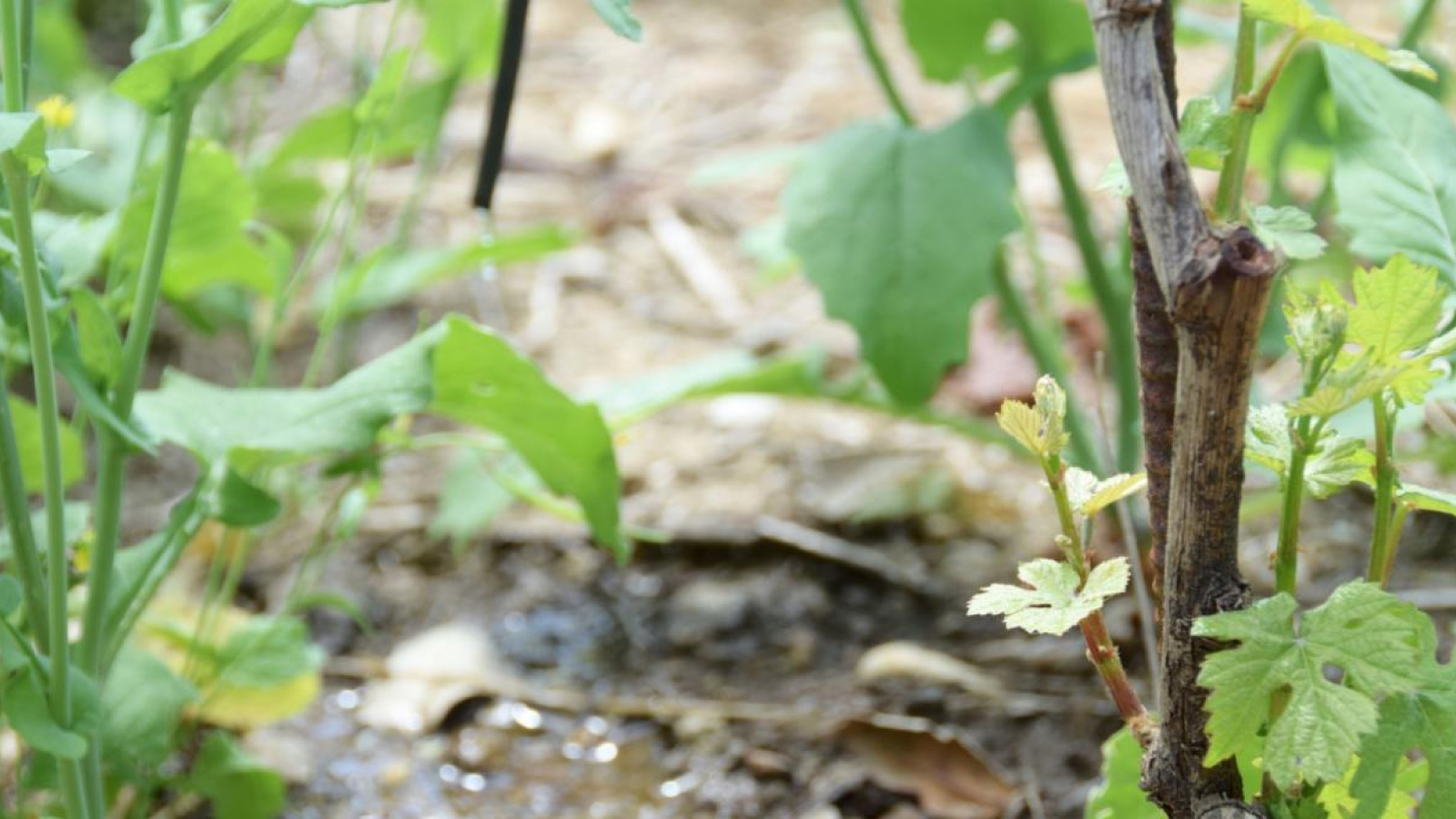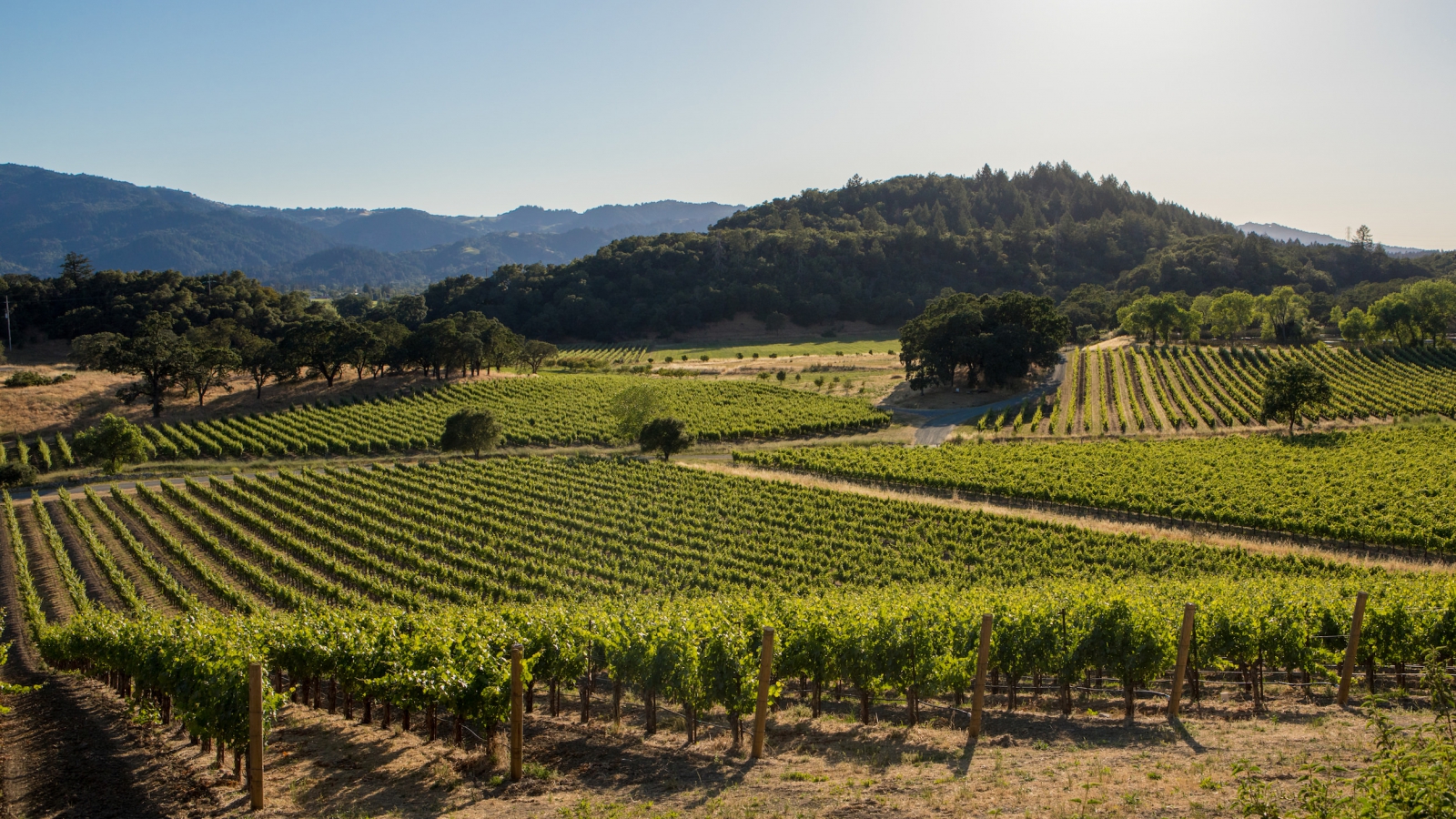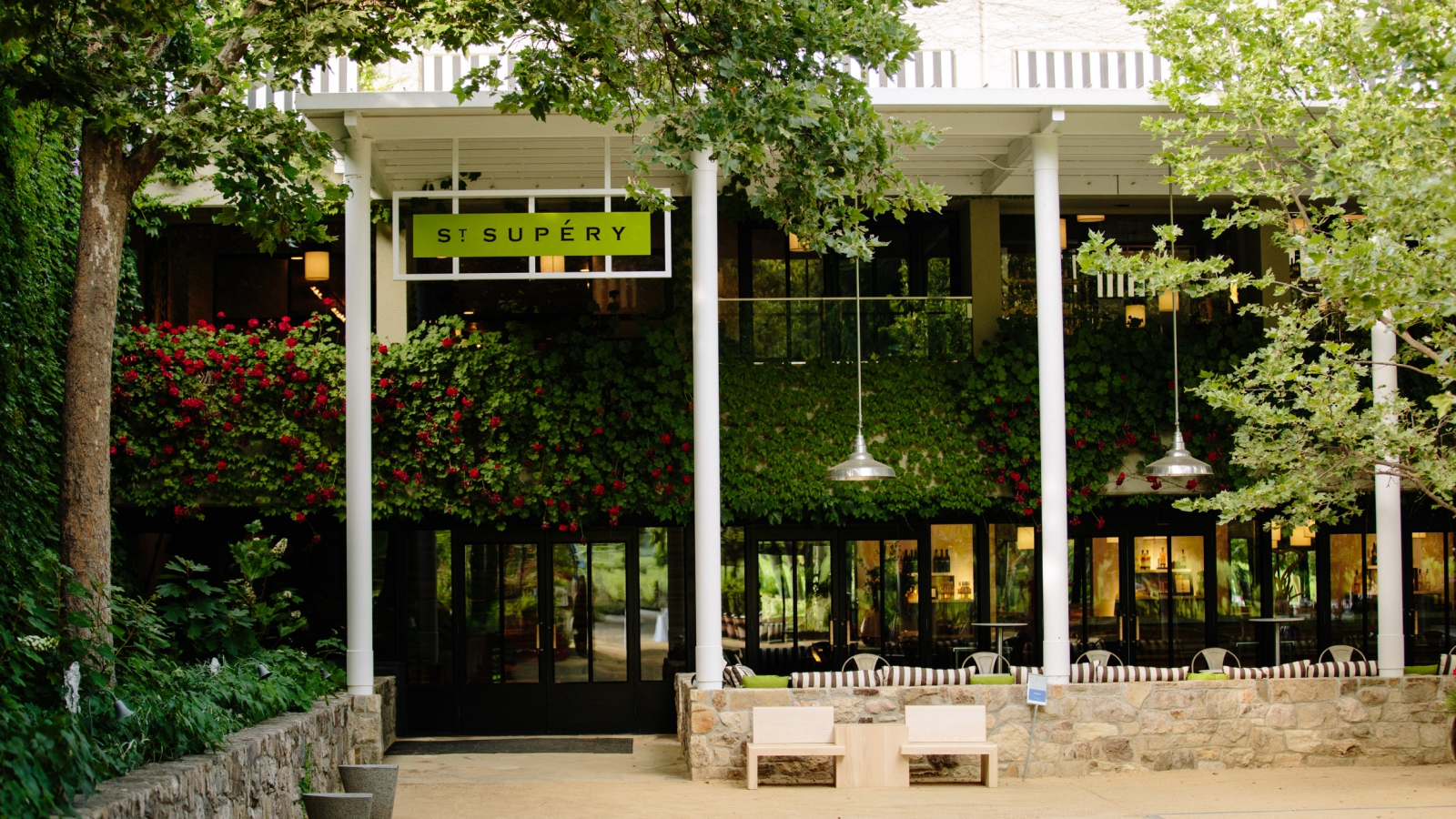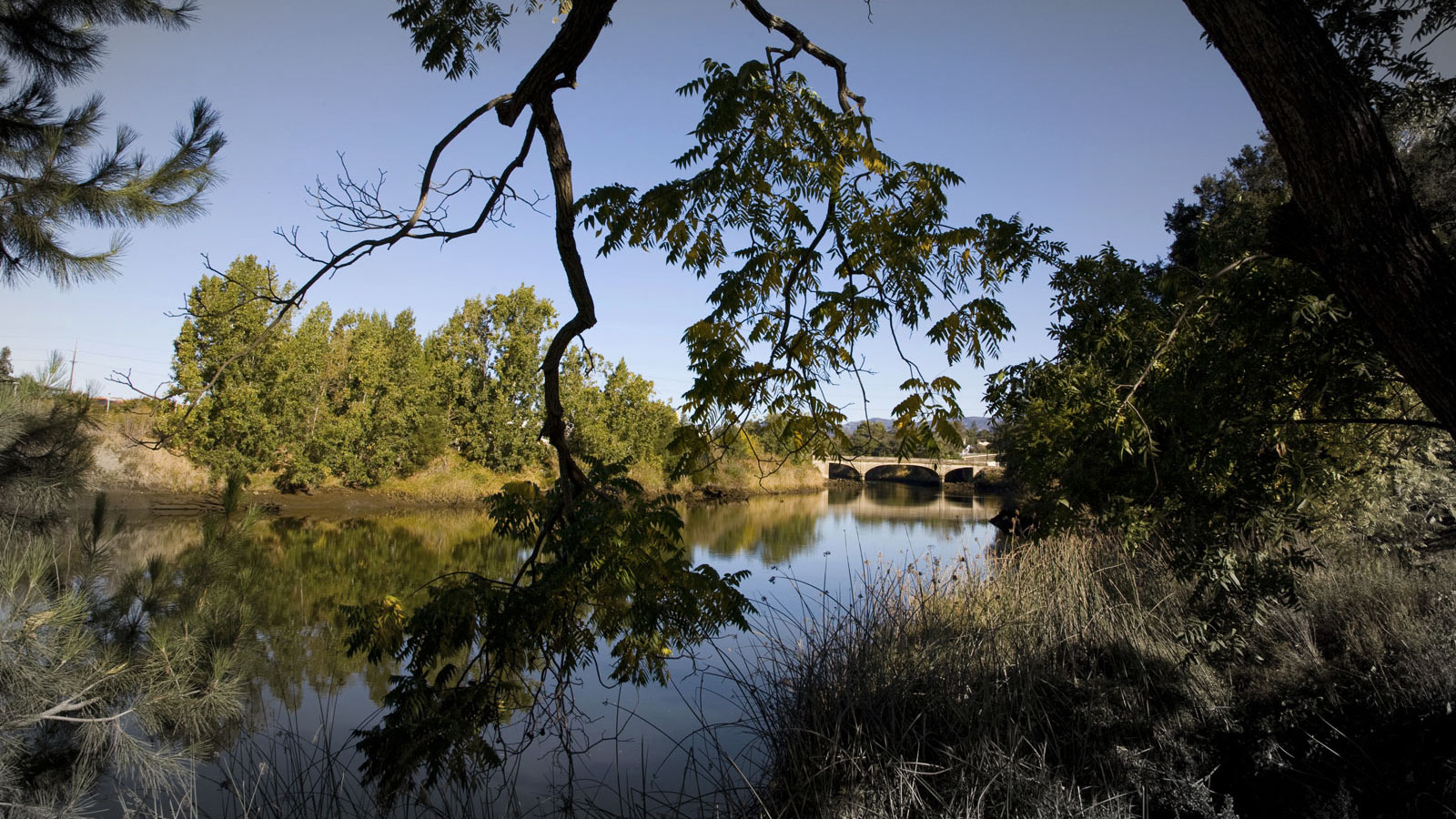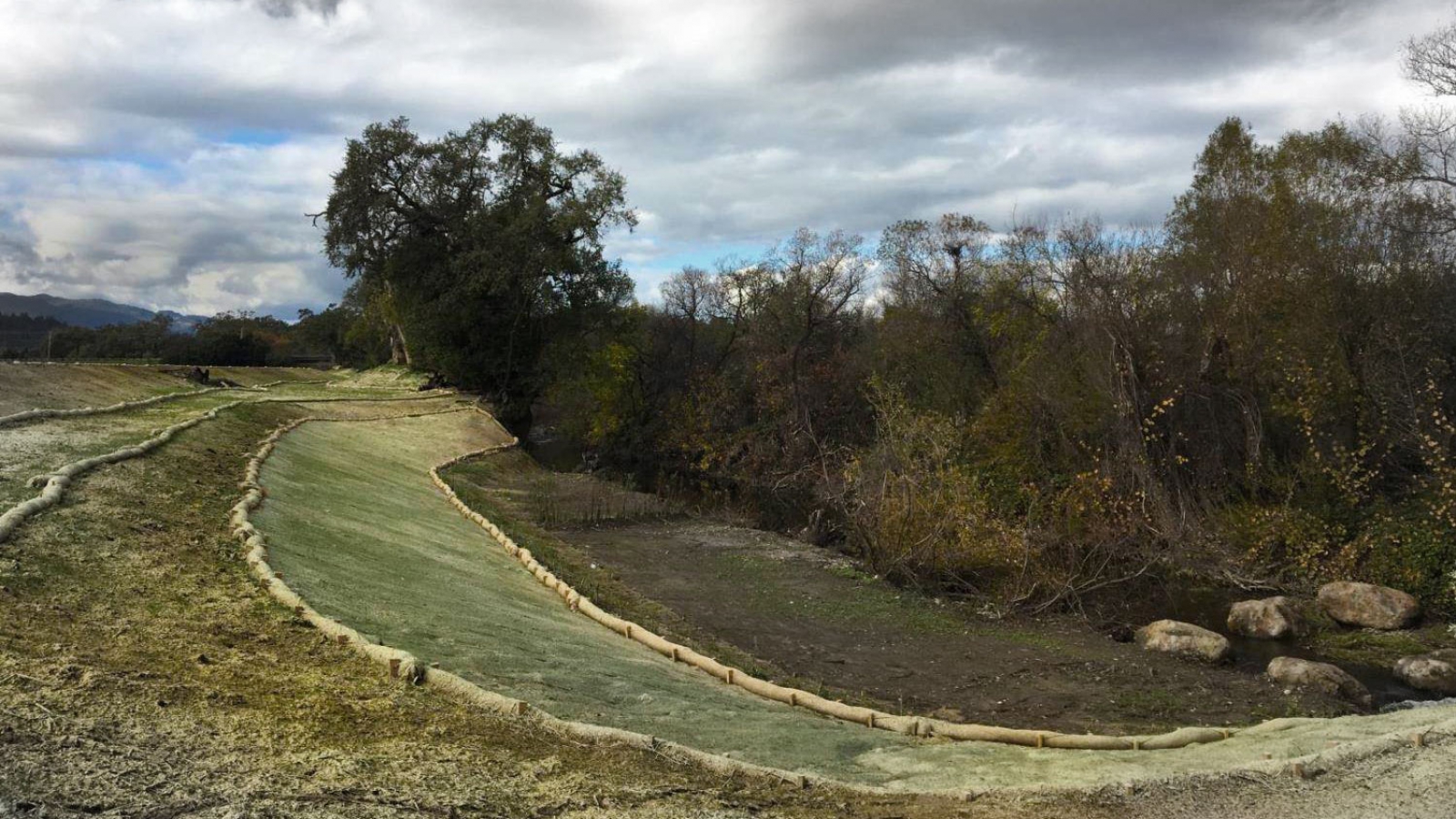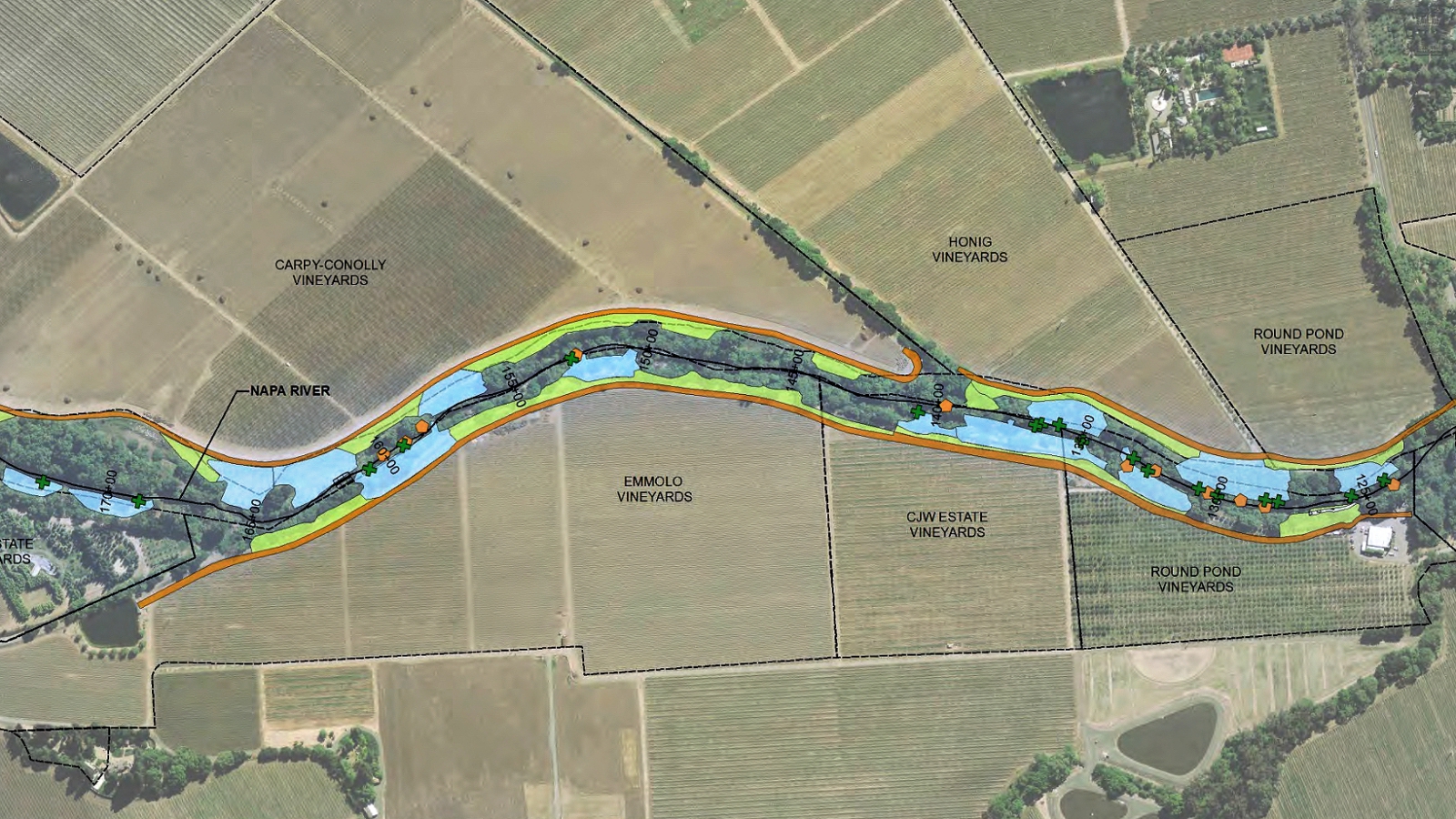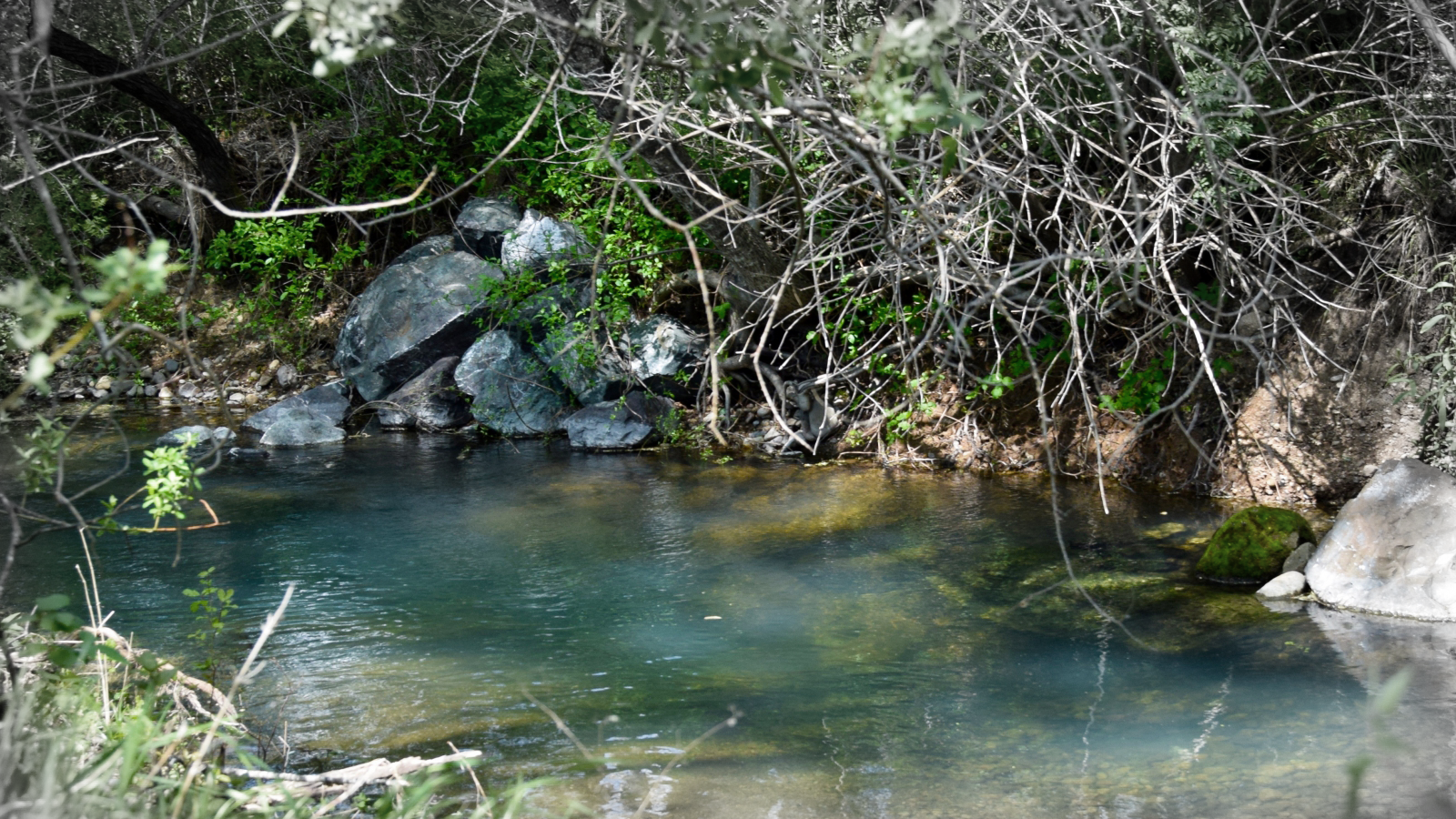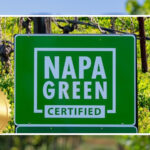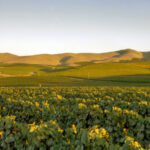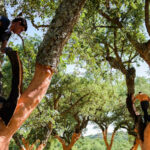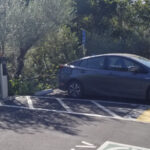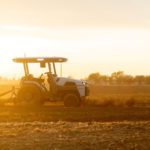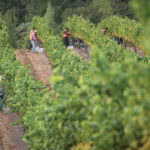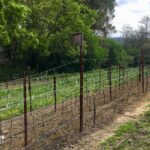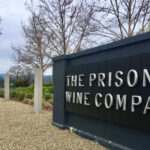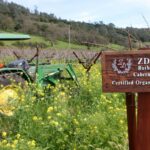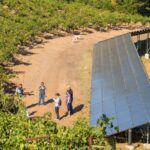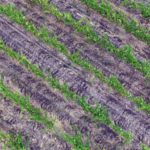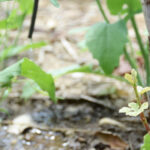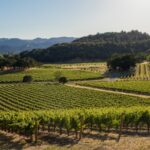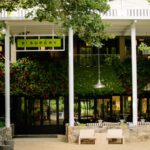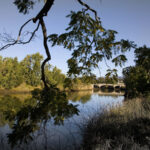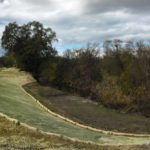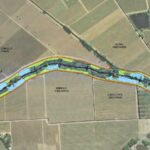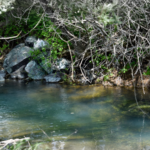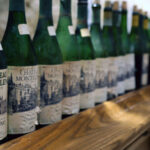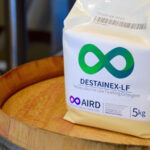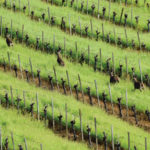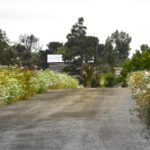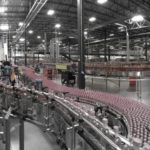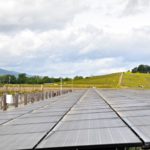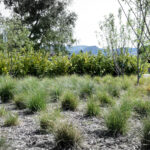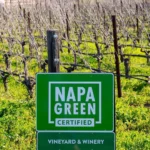water efficiency musings
Hear from Napa Green Executive Director, Anna Brittain about what Napa Green really means, including how does it differ from Organic and what really is Climate Action?
Napa Green | Champion Story
Stag’s Leap Wine Cellars has been Napa Green Certified from Soil to Bottle for over a decade. As a part of their commitment to continuing improvement, they have established a cross-departmental “Green Team” to engage and empower employees.
Napa Green | Champion Story
Looking for some new ideas to improve water efficiency, and simultaneously save energy? Here are a few examples of what some Napa Green wineries are doing to baseline and track water use to inform decision making; engage staff through “Blue Teams;” and set ambitious and inspiring goals like becoming the first Living Building Challenge certified winery.
Napa Green | Champion Story
Tule Technologies and Ranch Systems provide tools to vintners to measure Actual Evapotranspiration, vine stress and wirelessly provide vineyard data that can be linked to automated irrigation. Pine Ridge Vineyards and Chateau Montelena Winery were early adopters of these technologies and they are impressed with the results.
Napa Green | Champion Story
The Napa County Resource Conservation District (RCD) received grant funding to assist growers with low- to no-cost services that improve vineyard irrigation efficiency and scheduling. These include a comprehensive “Irrigation Toolbox” and the “Mobile Irrigation Lab” (a core component of the Toolbox).
Napa Green | Champion Story
As one of the original members of both of the Napa Green Certification programs, St. Supéry Estate Vineyards & Winery recognizes that sustainability is a path, not a destination. One of their key discoveries on the path to improvement is that day-to-day awareness and staff empowerment are critical.
Napa Green | Champion Story
The California Land Stewardship Institute (CLSI) is working with landowners on a restoration plan for a 5.3 mile stretch of the upper Napa River just downstream from Calistoga. This stretch of the river is highly entrenched, with vertical 20-25 ft. banks, actively eroding and threatening collapse.
Napa Green | Champion Story
The 9.5 mile Oakville to Oak Knoll (OVOK) Napa River restoration project flows immediately south of the Rutherford Reach restoration. More than 30 landowners are voluntarily participating in this collaborative effort, and like the Rutherford Reach, they are helping fund the long-term monitoring and maintenance of the project.
Napa Green | Champion Story
The Rutherford Reach restoration project has been lauded for rapid accomplishments achieved through private commitment and public partnership. The statistics are notable: This project alone achieved more than 80 percent of the mandated TMDL reduction target for the Napa River watershed due to channel incision and bank erosion.
Napa Green | Champion Story
Restoration of the Napa River is a testimony to the power of public-private partnerships in revitalizing the health of waterways and riparian lands. More than 70 property owners are contributing to four ongoing collaborative projects from Oak Knoll to just south of Calistoga, along the main stem of the Napa River.
more climate smart musings
